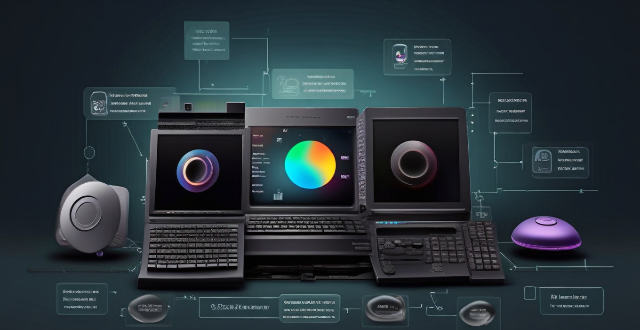To optimize computer software performance, regularly update and upgrade software, manage startup programs, free up disk space, use disk cleanup tools, defragment the hard drive, disable unnecessary services and processes, optimize virtual memory, monitor system resources, run antivirus and anti-malware scans, and consider hardware upgrades.

Tips for Optimizing Computer Software Performance
Computer software performance is crucial for both personal and professional use. Slow or unresponsive software can lead to frustration, decreased productivity, and even system crashes. Here are some tips for optimizing computer software performance:
1. Regularly Update and Upgrade Software
Updating and upgrading software ensures that you have the latest features and security fixes. This can improve performance and reduce the risk of bugs and crashes.
2. Manage Startup Programs
Many programs set themselves to launch when your computer starts up. This can slow down your system. Manage these startup programs by disabling unnecessary ones.
3. Free Up Disk Space
A cluttered hard drive can slow down your computer. Delete unnecessary files, uninstall unused software, and consider using cloud storage for large files.
4. Use Disk Cleanup Tools
Use built-in disk cleanup tools or third-party software to remove temporary files, system cache, and other unnecessary data.
5. Defragment Your Hard Drive
Defragmentation rearranges fragmented data on your hard drive, making it easier and faster for your computer to access files.
6. Disable Unnecessary Services and Processes
Some background services and processes may not be necessary for everyday use. Disabling them can free up system resources and improve performance.
7. Optimize Virtual Memory
Virtual memory (or paging file) allows your computer to use disk space as extra RAM. Make sure it's large enough but not too large to avoid unnecessary disk usage.
8. Monitor System Resources
Use task manager or system monitor to keep an eye on CPU, memory, and disk usage. Identify resource-hogging applications and processes, and close them if necessary.
9. Run Antivirus and Anti-malware Scans
Viruses, malware, and spyware can significantly degrade performance. Regular scans ensure your system is clean and secure.
10. Consider Hardware Upgrades
If software optimization doesn't improve performance, consider hardware upgrades such as adding more RAM, a faster processor, or a solid-state drive (SSD).
By following these tips, you can optimize computer software performance and enjoy a faster, more responsive computing experience.